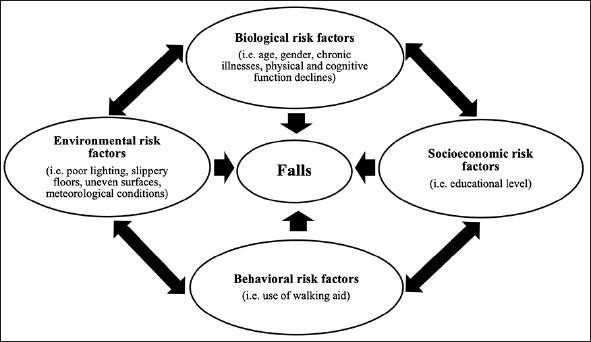A nurse is assessing a client's bowel sounds. At which of the following points in the assessment should the nurse auscultate the client's abdomen?
After palpating the abdomen
Prior to percussing the abdomen
Prior to inspecting the abdomen
After assessing for kidney tenderness
The Correct Answer is B
A. After palpating the abdomen is not the ideal time to auscultate bowel sounds.
Palpation may stimulate bowel sounds and potentially give a false impression of their presence or absence.
B. Prior to percussing the abdomen is the correct sequence. Auscultation of bowel sounds should be done before any other abdominal assessment techniques, including percussion or palpation. This allows the nurse to accurately hear any existing bowel sounds without interference.
C. Prior to inspecting the abdomen is not the ideal time for auscultation. Inspection focuses on visual examination and assessment, which does not involve listening for bowel sounds.
D. After assessing for kidney tenderness is not the correct timing for auscultating bowel sounds. Assessing for kidney tenderness involves a different aspect of the physical examination and does not influence bowel sound assessment.
Nursing Test Bank
Naxlex Comprehensive Predictor Exams
Related Questions
Correct Answer is ["A","D","E"]
Explanation
A. Keeping the client's bed in the lowest position helps minimize the potential fall distance if the client attempts to get out of bed.
B. Assessing the client every 4 hours is a good practice for general monitoring but may not be specific to fall prevention. More frequent assessments may be necessary for a client at high risk for falls.
C. Keeping the client's room dark at night can actually increase the risk of falls. It's important to ensure there is adequate lighting to help the client navigate safely.
D. Teaching the client to use the call light allows them to request assistance when needed, reducing the likelihood of attempting to move or get out of bed independently.
E. Placing a fall-risk identification band on the client's wrist helps alert all healthcare providers that the client is at risk for falls. This information is crucial for ensuring appropriate precautions are taken.

Correct Answer is ["A","B","E"]
Explanation
A. Providing oral care involves contact with mucous membranes and saliva, which may contain blood or other potentially infectious materials. Therefore, the nurse should wear gloves to protect themselves and the client from cross-contamination.
B. Emptying urine from an indwelling urine collection bag involves contact with urine, which may contain blood or other potentially infectious materials. Therefore, the nurse should wear gloves to protect themselves and the client from cross-contamination.
C. Placing oral medication tablets into a client's hand does not involve contact with blood or other potentially infectious materials. Therefore, the nurse does not need to wear
gloves for this task.
D. Delivering a food tray to a client who has AIDS does not involve contact with blood or other potentially infectious materials. Therefore, the nurse does not need to wear gloves for this task. However, the nurse should follow standard precautions and wash their hands before and after contact with any client.
E. Changing an ostomy pouch involves contact with feces, which may contain blood or other potentially infectious materials. Therefore, the nurse should wear gloves to protect themselves and the client from cross-contamination.
Whether you are a student looking to ace your exams or a practicing nurse seeking to enhance your expertise , our nursing education contents will empower you with the confidence and competence to make a difference in the lives of patients and become a respected leader in the healthcare field.
Visit Naxlex, invest in your future and unlock endless possibilities with our unparalleled nursing education contents today
Report Wrong Answer on the Current Question
Do you disagree with the answer? If yes, what is your expected answer? Explain.
Kindly be descriptive with the issue you are facing.
